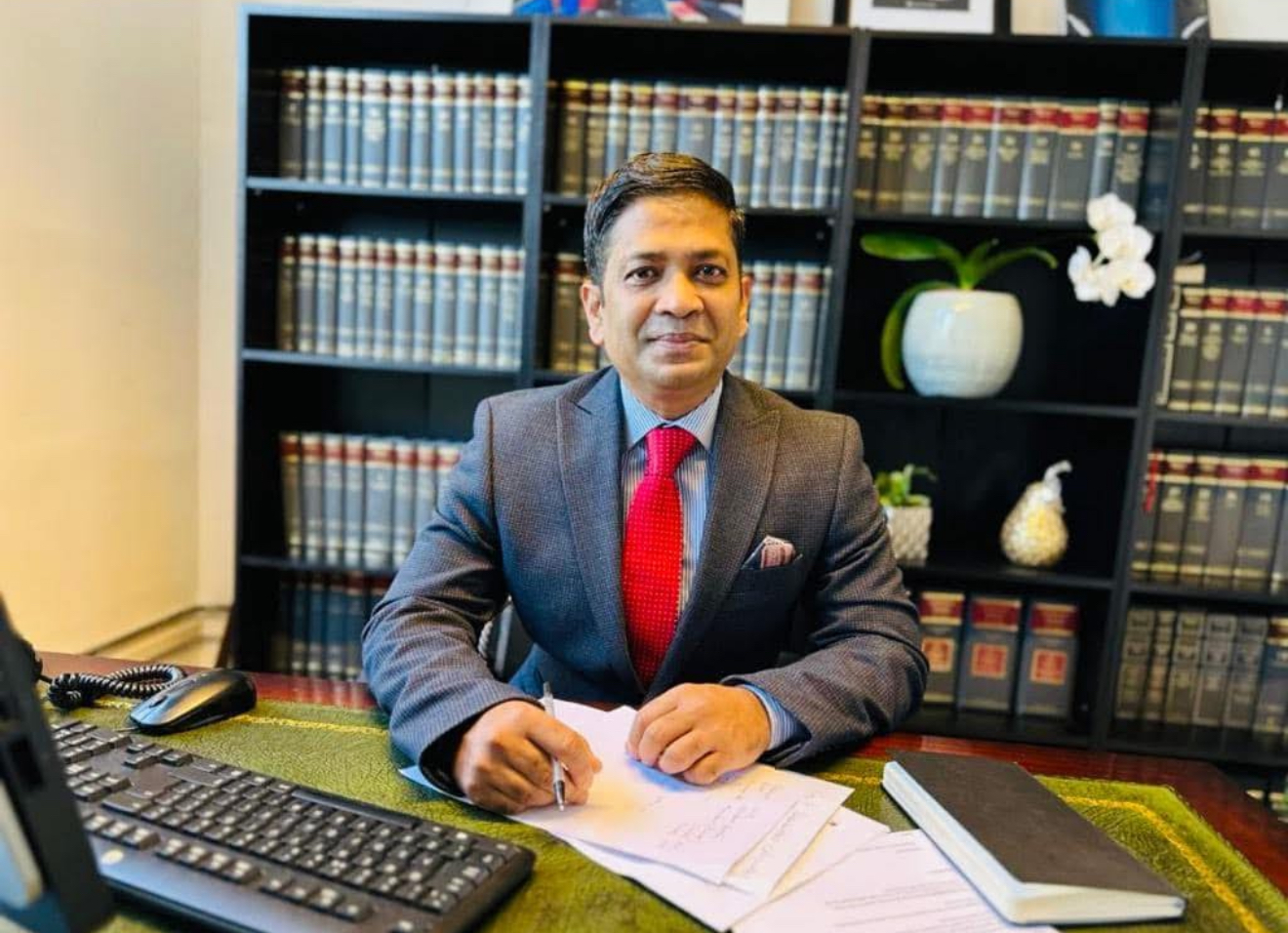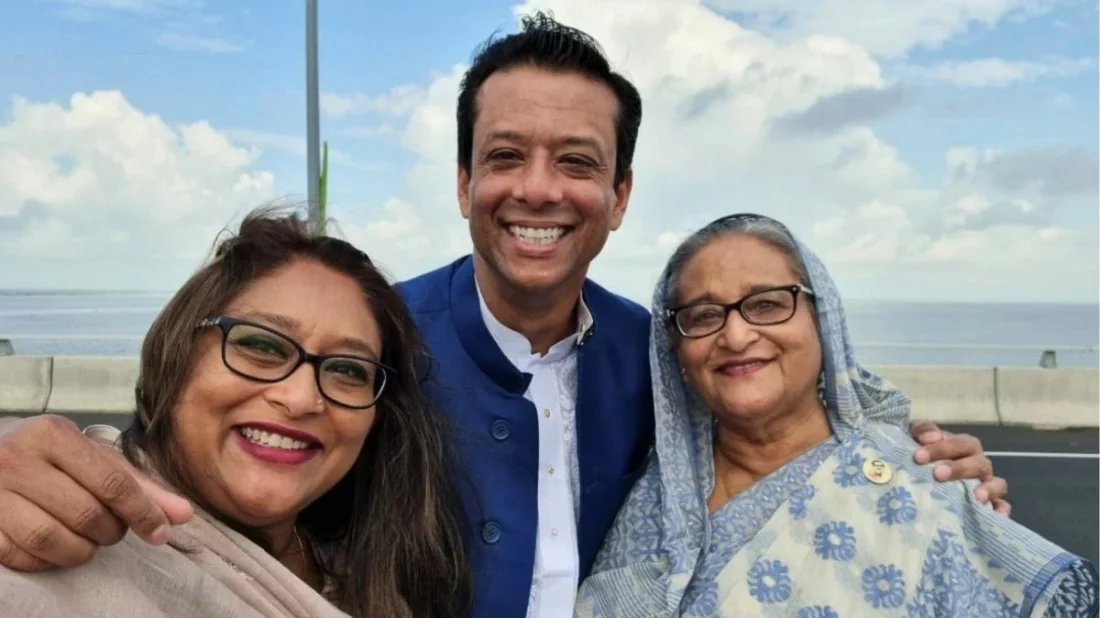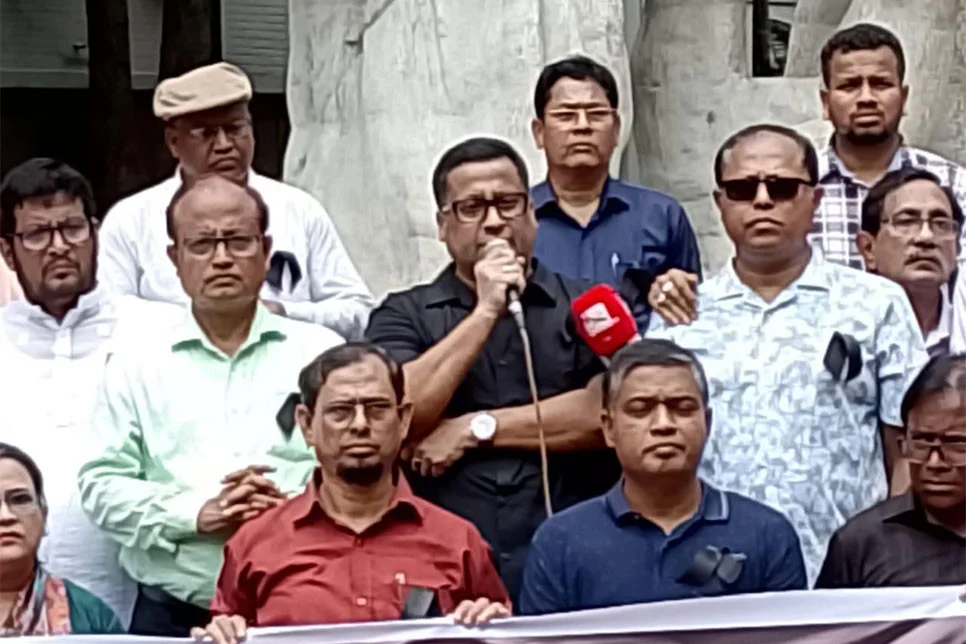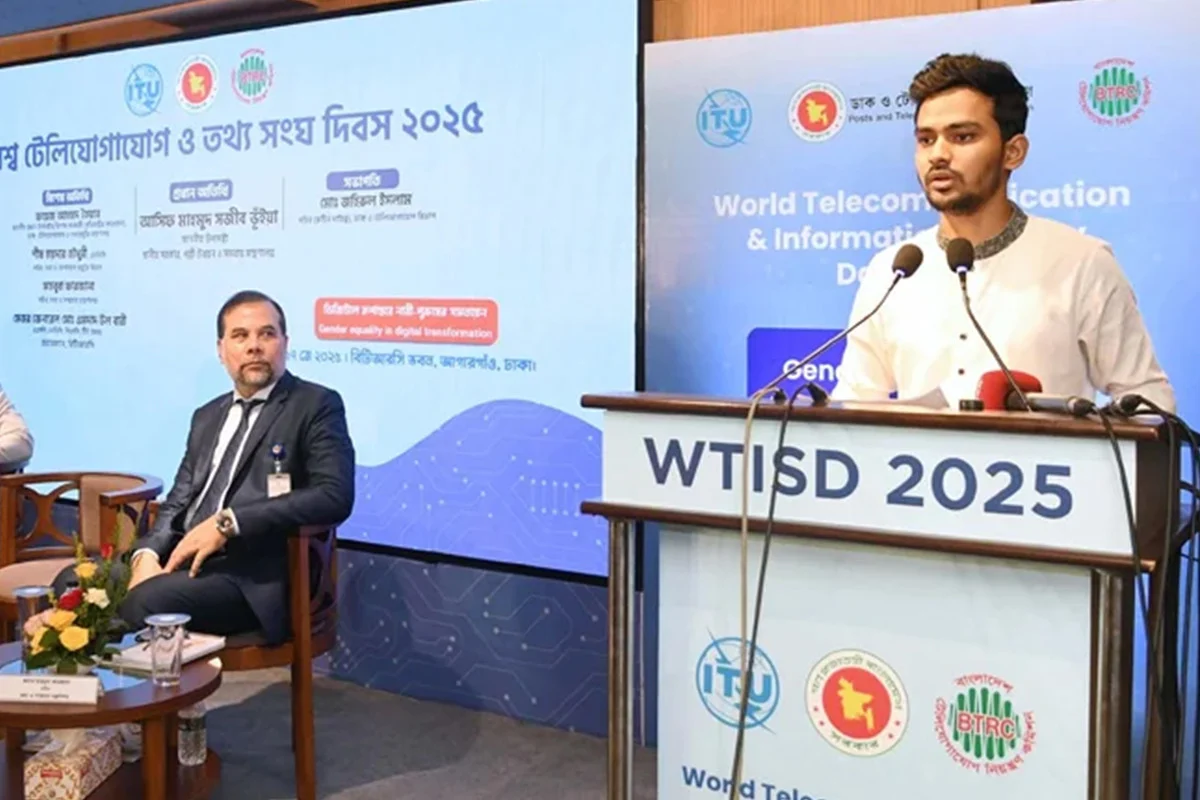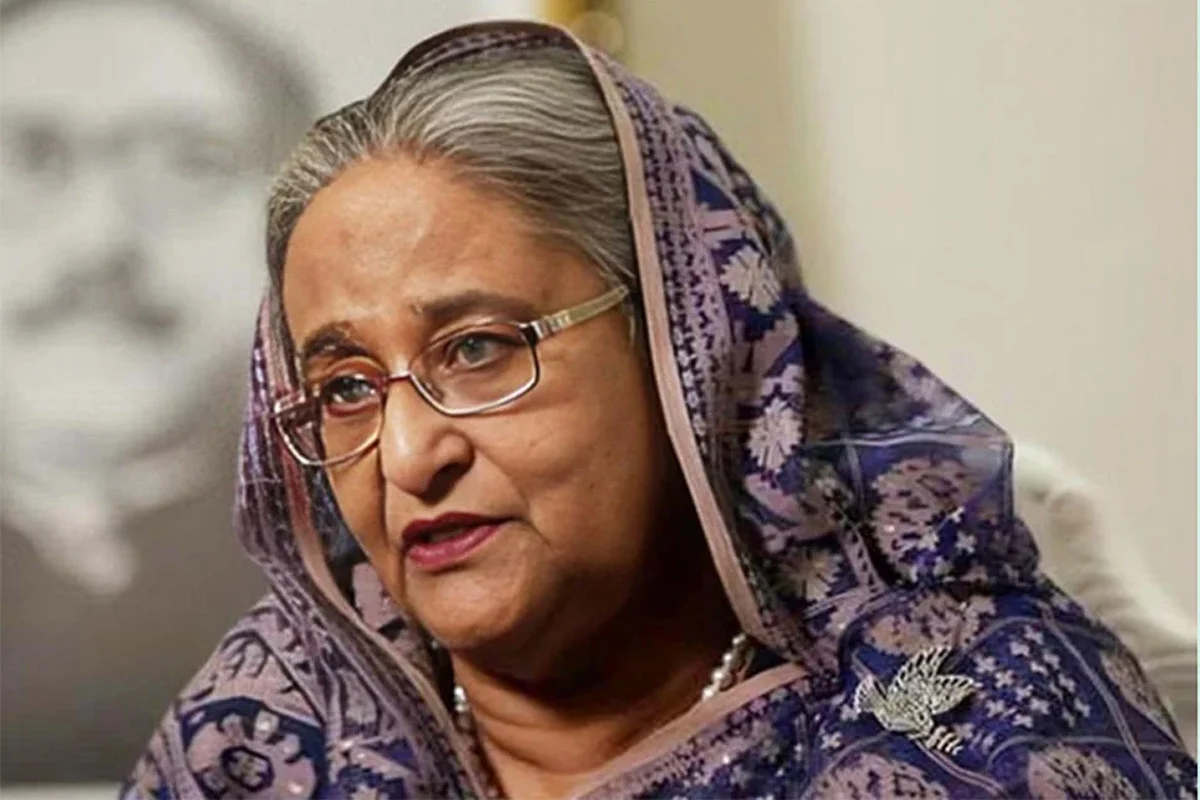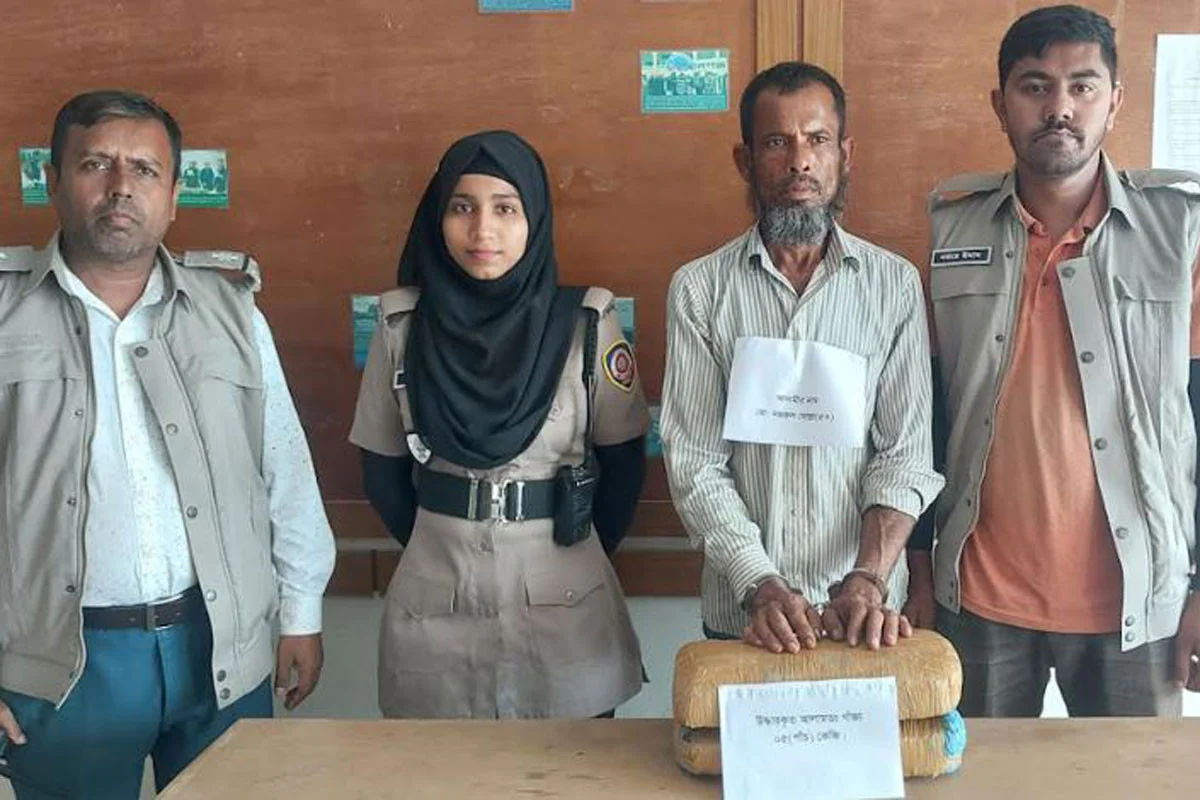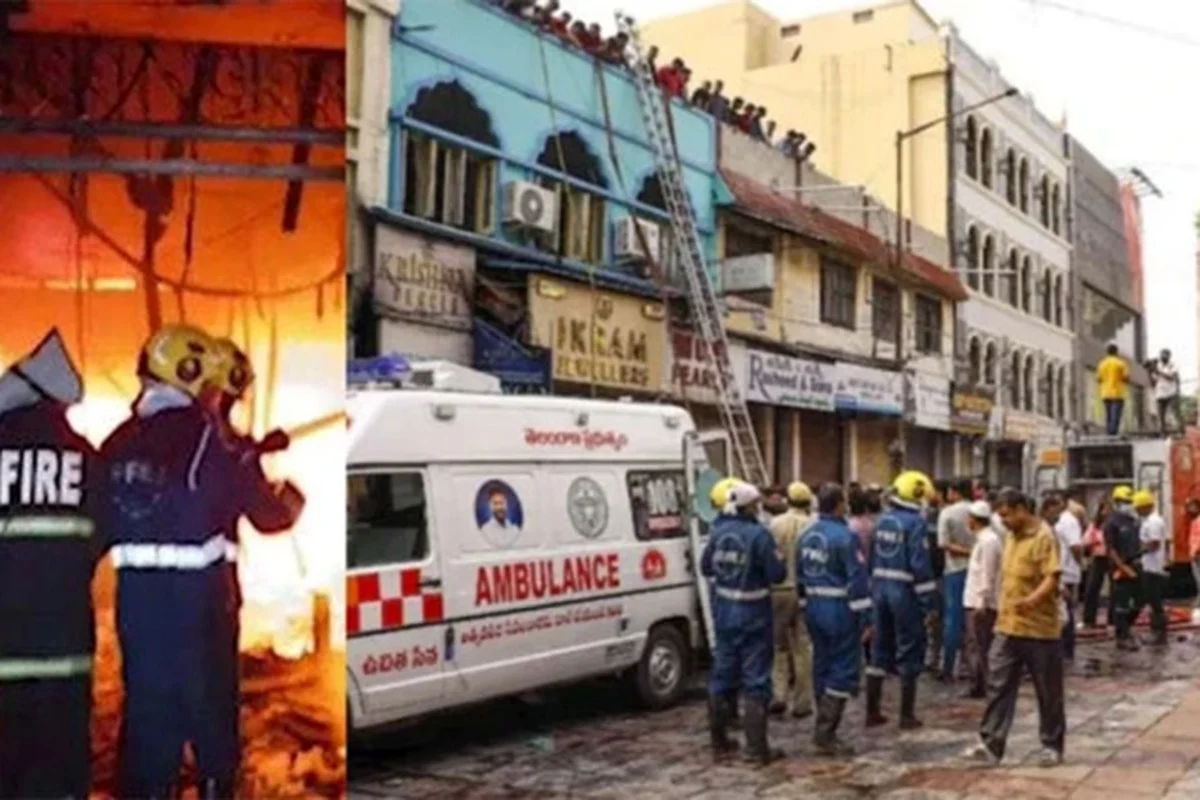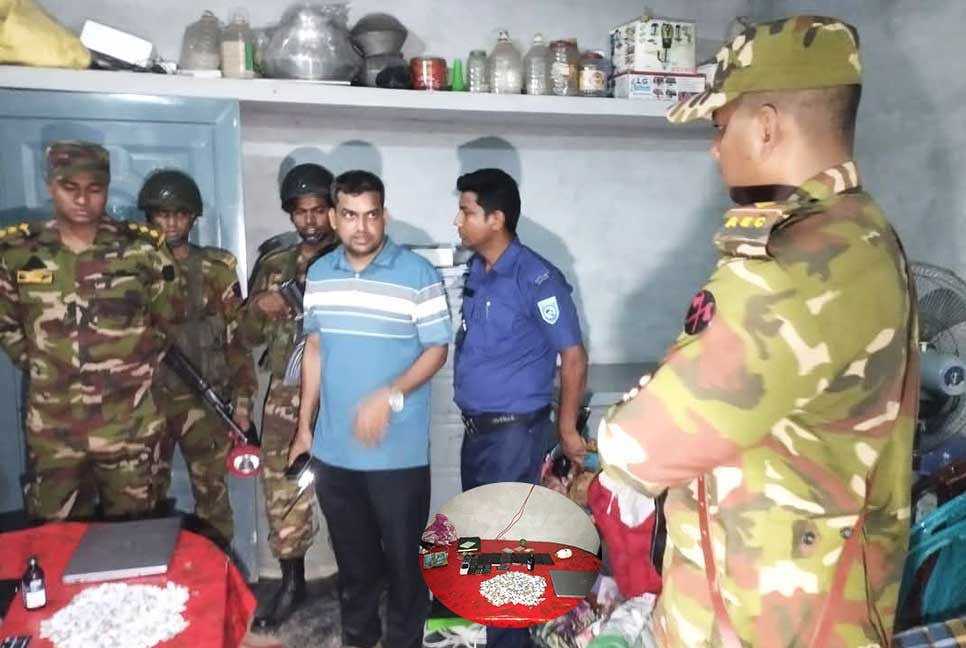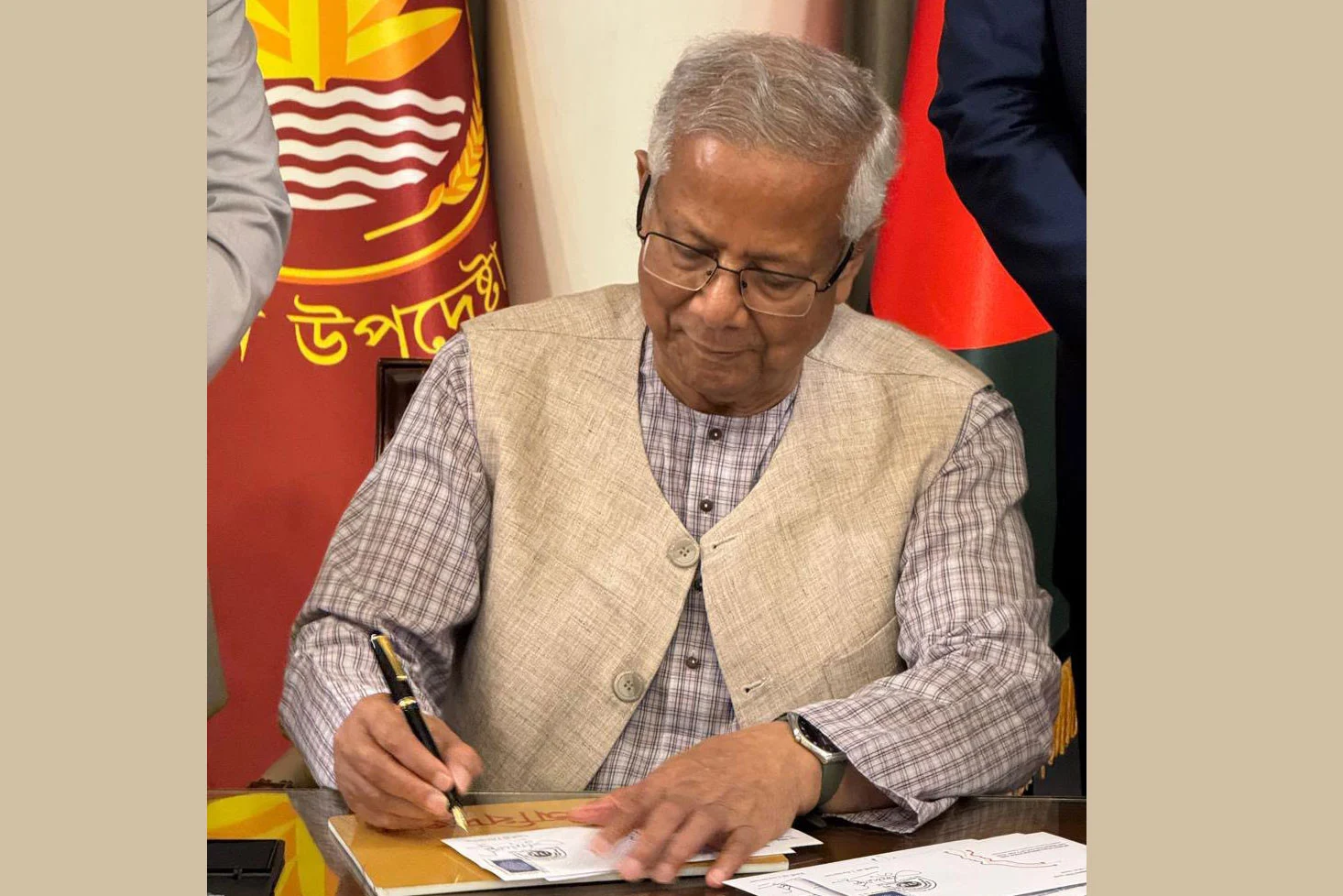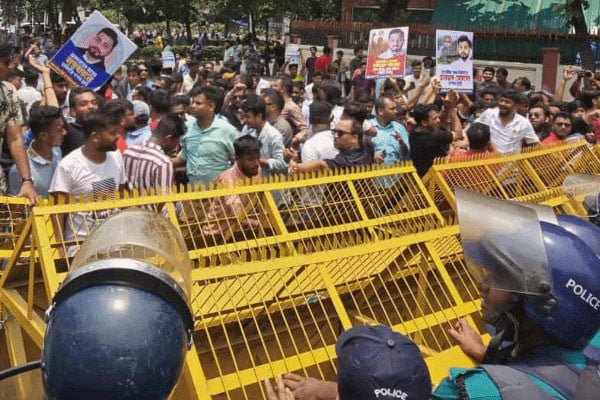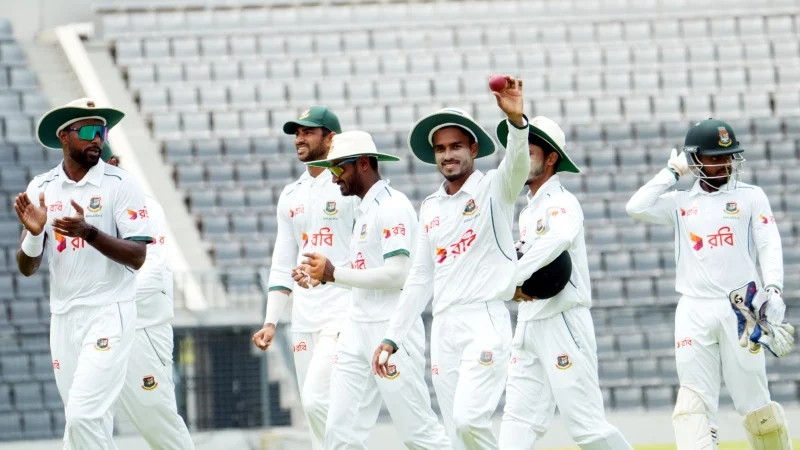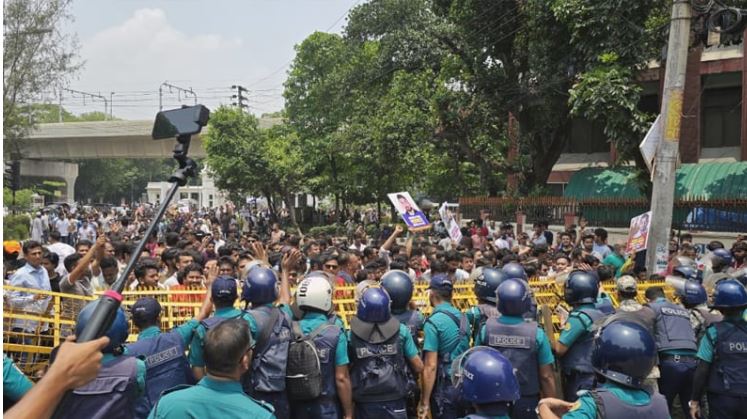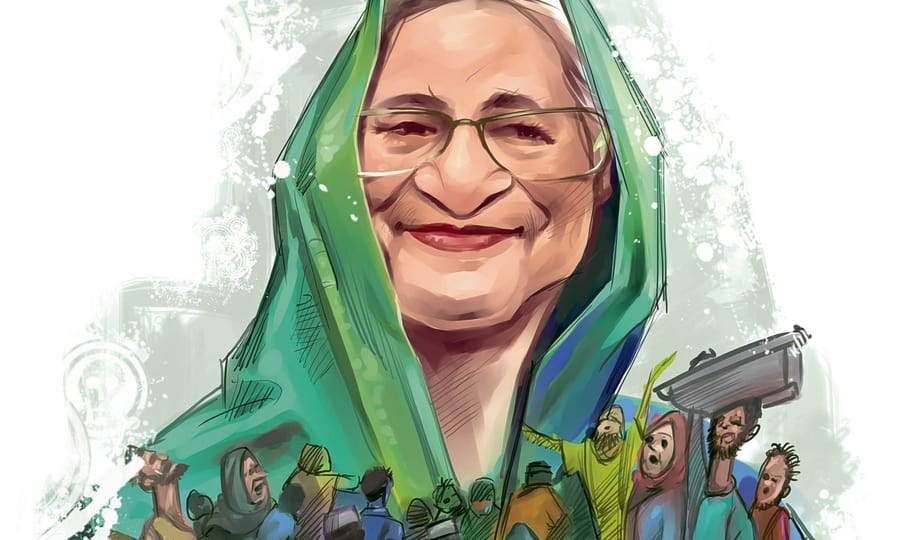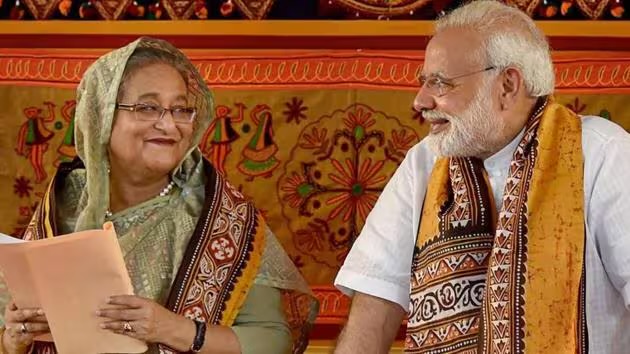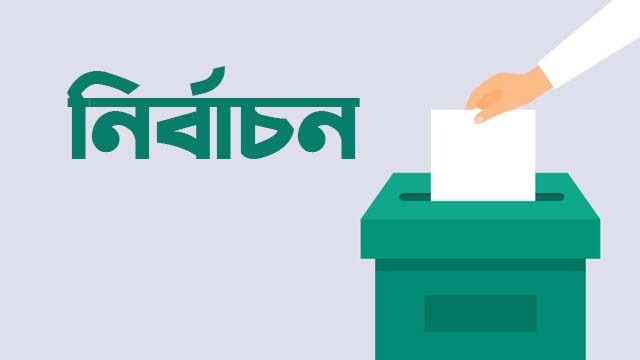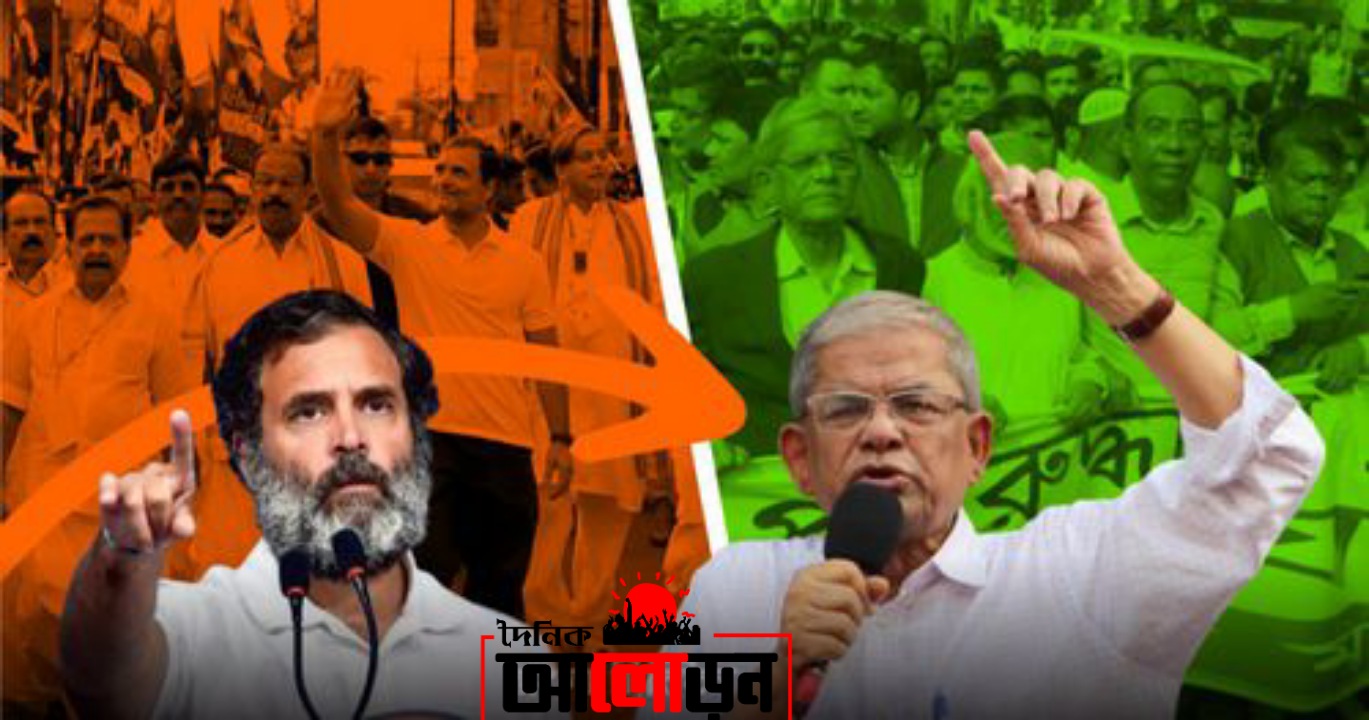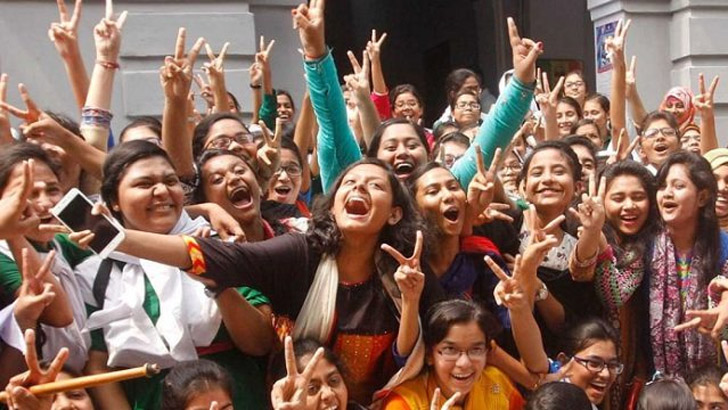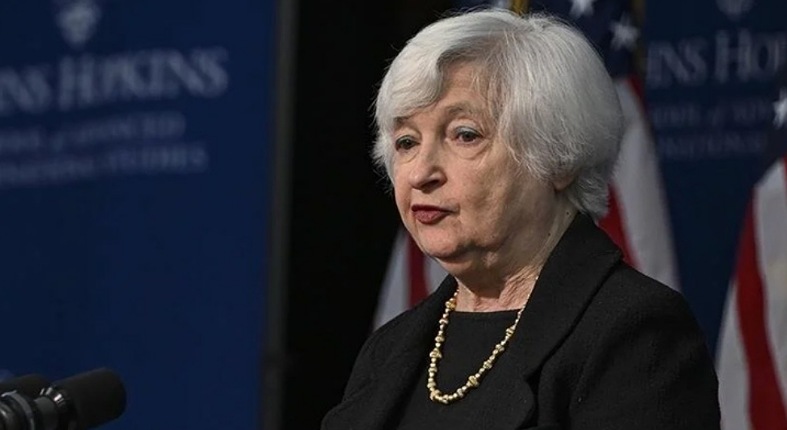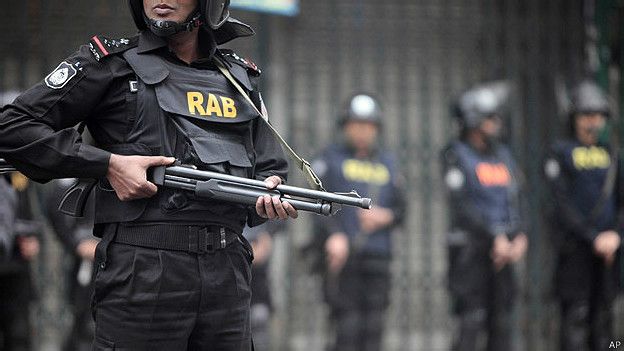
Report by Apurbo Ahmed Jewel: In 2018, the highest number of people in Bangladesh lost their lives at the hands of law enforcement agencies in extrajudicial killings related to heinous crimes. This information has come to light in a report published by the Human Rights Organization, Ain o Salish Kendra (ASK). According to their accounts, extrajudicial killings increased by 287 percent compared to 2017.
In 2018, a total of 466 individuals fell victim to extrajudicial killings in Bangladesh. Among them, 292 lost their lives during the anti-drug campaign. In contrast, in 2017, there were 162 extrajudicial killings. Therefore, extrajudicial killings in Bangladesh increased by 287 percent within one year.
It is imperative to investigate incidents within the extrajudicial killings associated with the Anti-Drug Campaign to determine whether innocent individuals were victimized. Overall, the human rights situation in Bangladesh is alarming.
In 2018, ASK presented disturbing information about human rights violations. The data revealed 732 cases of rape, 63 instances where rape victims were subsequently murdered, 7 cases of rape victims committing suicide, 1,011 incidents of child abuse, 283 cases of murder after child abuse, and 108 children committing suicide. Additionally, 67 individuals died in clashes with the police during election-related violence, including 19 from the Awami League, 4 from the Bangladesh Nationalist Party (BNP), and 10 civilians.
Another concerning issue is that offenders in cases of rape against women and children are not being adequately punished, contributing to the perpetuation of such crimes. An analysis of another set of data reveals that in the voting year, which is 10 months of 2018, there were more than three times the number of extrajudicial killings than in the 12 months of 2017.
Controversy surrounds the Anti-Drug Campaign initiated in May 2018. Questions arose after the murder of Teknaf Councilor Ekramul Haque on May 26 of that year. The campaign was temporarily halted, but later, 138 more individuals were killed, and over 10,000 were arrested. Allegations of corruption in the arrests and lack of proper investigation further intensified the debate.
Despite human rights activists expressing concern about extrajudicial killings for many years, the government has not taken effective action. When someone becomes a victim of extrajudicial killings, the law enforcement agencies often claim the person was involved in the drug trade. This association with criminal activities serves as a shortcut to evade legal scrutiny and violates constitutional, legal, and human rights.
Currently, there are two styles of extrajudicial killings in Bangladesh: one involves armed conflicts, while the other is about recovering bodies. The number of body recoveries is increasing day by day. This method is used as a temporary solution to create an illusion of control, but it does not actually address the issue. Additionally, a climate of fear is created before the elections, making it difficult for anyone, even victims, to speak out about the issue of “crossfire” or “armed conflict.”
